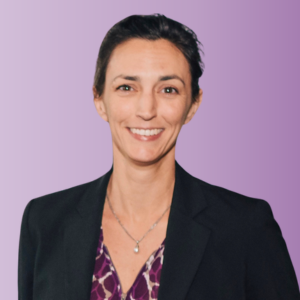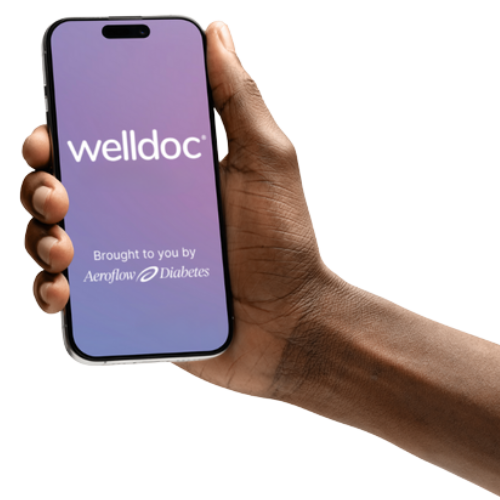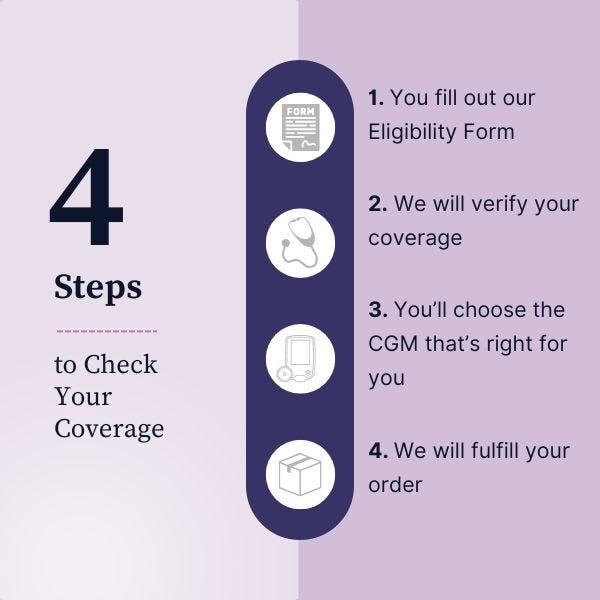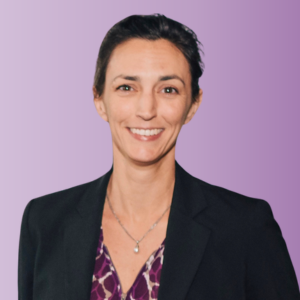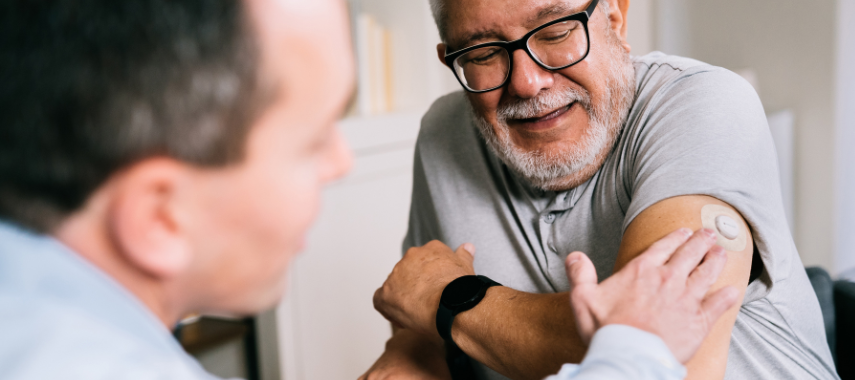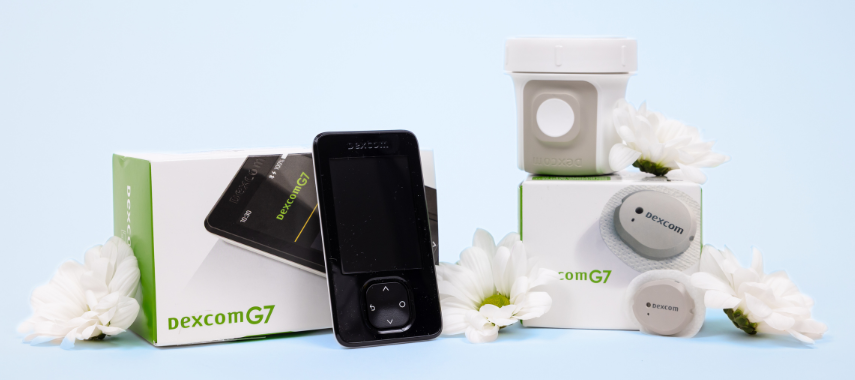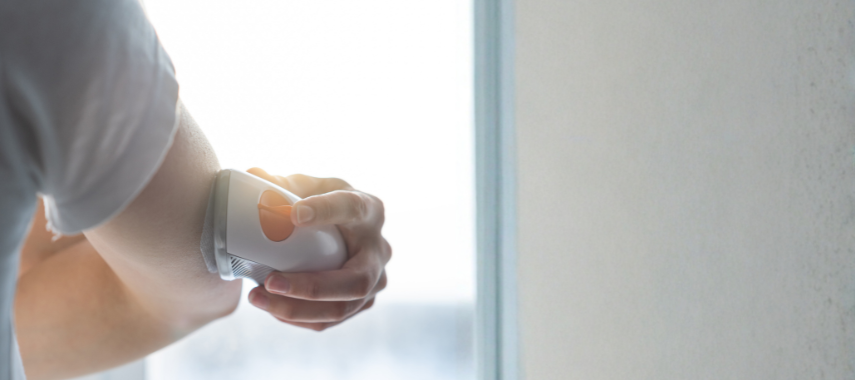Key Takeaways:
- A Type 2 diabetes diagnosis can feel overwhelming, but understanding your condition and building a support team helps you take control.
- Small, consistent lifestyle changes in diet, activity, and monitoring make the biggest impact on blood sugar management.
- Continuous Glucose Monitors (CGMs) and virtual education or nutrition coaching can empower you to confidently manage diabetes day-to-day.

Receiving a diabetes diagnosis can feel overwhelming. You might be experiencing a whirlwind of emotions – confusion, fear, or even relief at finally understanding your symptoms. If you’ve just been diagnosed with Type 2 diabetes, know that you are not alone - in diagnosis or support - and this is the beginning of a journey where you can take significant control over your health. This guide will walk you through what to do after a diabetes diagnosis, focusing on practical, actionable steps to help you navigate this new chapter with confidence.
Does Medicare Cover Diabetic Supplies?
First, let's clarify what Type 2 diabetes means. Unlike Type 1, where the body doesn't produce insulin, with Type 2, your body either doesn't produce enough insulin or doesn't use insulin effectively (a condition known as insulin resistance). Insulin is vital because it helps glucose (sugar) from your food get into your cells for energy. When this process doesn't work correctly, sugar builds up in your bloodstream, leading to high blood glucose levels.
Understanding your specific diagnosis is the first step in managing diabetes for the first time. Don't hesitate to ask your doctor for detailed explanations of your A1c test results and what they mean for you.
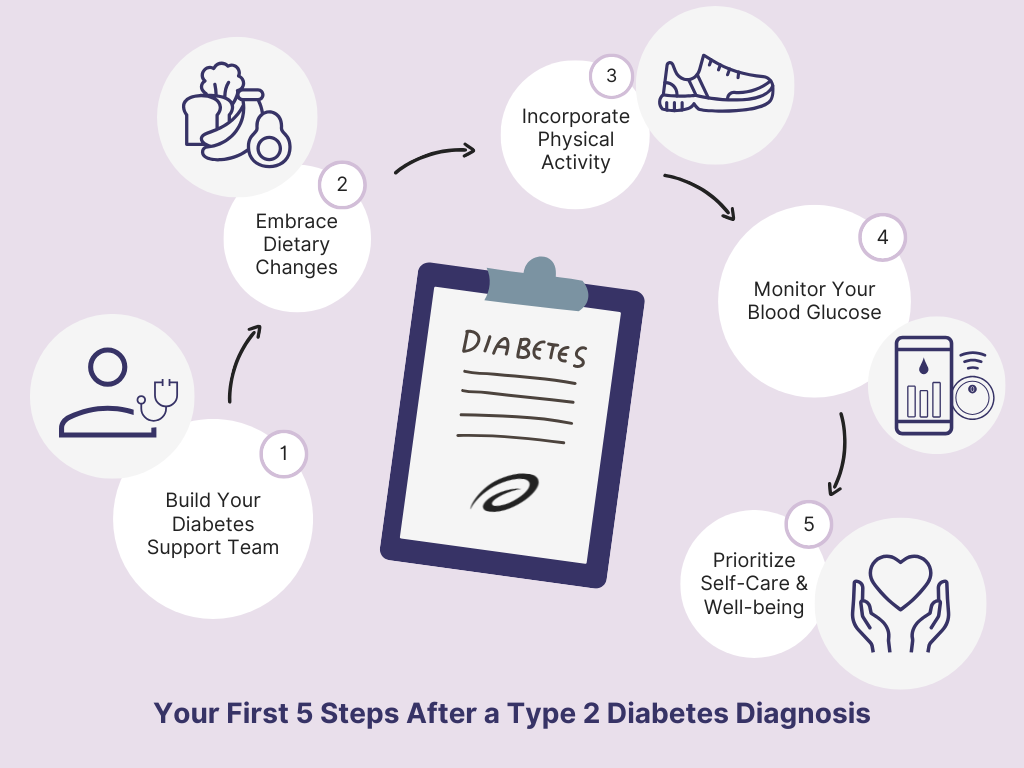

Step 1: Build Your Diabetes Support Team
You don't have to face this alone. Building a support network of healthcare professionals is crucial.
-
Your Primary Care Physician (PCP): They will likely be your main point of contact, coordinating your care.
-
Endocrinologist: A specialist in hormonal and metabolic disorders, they can provide advanced diabetes management. Your PCP might refer you to one.
-
Certified Diabetes Care and Education Specialist (CDCES): This professional is a game-changer! Through diabetes education programs, certified specialists can help you with practical skills like carbohydrate counting, blood sugar monitoring, medication management, and developing a personalized diabetes management plan.
-
Registered Dietitian (RD): Through nutrition counseling, qualified nutritionists can help you create a wellness plan that works for your lifestyle, focusing on what to eat and when.
-
Mental Health Professional: It's common to feel overwhelmed by a diabetes diagnosis. A therapist or counselor can help you cope with the emotional impact and develop strategies for mental health and diabetes diagnosis.
Pro Tip: Start a notebook and make a list of questions to ask your doctor about diabetes before each appointment. No question is too small!
Want to learn more about diabetes education and nutrition counseling? Aeroflow Diabetes offers both support systems - covered by insurance.
Diabetes Education
Our Diabetes Education program is accredited by the Association of Diabetes Care & Education Specialists and offers personalized guidance from certified diabetes educators and nutritionists. These virtual sessions help you learn practical skills to navigate life with diabetes, understand your medications, monitor your blood glucose, and live a healthier, more confident life.
Nutrition Coaching
Our Nutrition Coaching program connects you with experienced dietitians who specialize in diabetes care plans. Through virtual coaching sessions, they'll work with you to create personalized meal plans and develop sustainable eating habits that support your blood glucose goals, manage weight, and improve your overall health, all while fitting your lifestyle and preferences.
Step 2: Embrace Dietary Changes (They Don't Have to Be Drastic!)
One of the most impactful changes you can make is to your diet. This doesn't mean bland, restrictive eating; it means making smarter, more informed choices.
-
Focus on Whole Foods: Prioritize non-starchy vegetables, lean proteins, and whole grains.
-
Limit Processed Foods: Reduce intake of sugary drinks, fast food, and foods high in unhealthy fats.
-
Understand Carbohydrates: Carbs have the biggest impact on blood sugar. Our diabetes education and nutrition team can teach you carbohydrate counting to help you manage your intake effectively.
-
Portion Control: Pay attention to how much you eat.
Remember, small, consistent changes are more sustainable than drastic overhauls.
Utilize our free blood sugar log sheet to make record-keeping easier. Download the sheet now to start tracking your diabetes management.
Quick Tip: Download and print our nutrition chart for fast access to serving size and carbohydrate information. Work with your diabetes management team to determine your ideal carbohydrate intake for each meal.
Step 3: Get Moving! Incorporate Physical Activity
Regular physical activity is incredibly beneficial for Type 2 diabetes. It helps your body use insulin more effectively, lowers blood glucose levels, and can aid in weight management.
-
Start Small: Even 10-15 minute walks after meals can make a difference.
-
Find What You Enjoy: Walking, swimming, dancing, cycling, or gardening – choose activities you'll stick with.
-
Aim for Consistency: The goal is at least 150 minutes of moderate-intensity activity per week.
Always consult your doctor before starting any new exercise program.
Step 4: Monitor Your Blood Glucose
Monitoring your blood sugar is fundamental to understanding how food, activity, and medication affect your body. This is a critical component of your newly diagnosed Type 2 diabetes checklist.
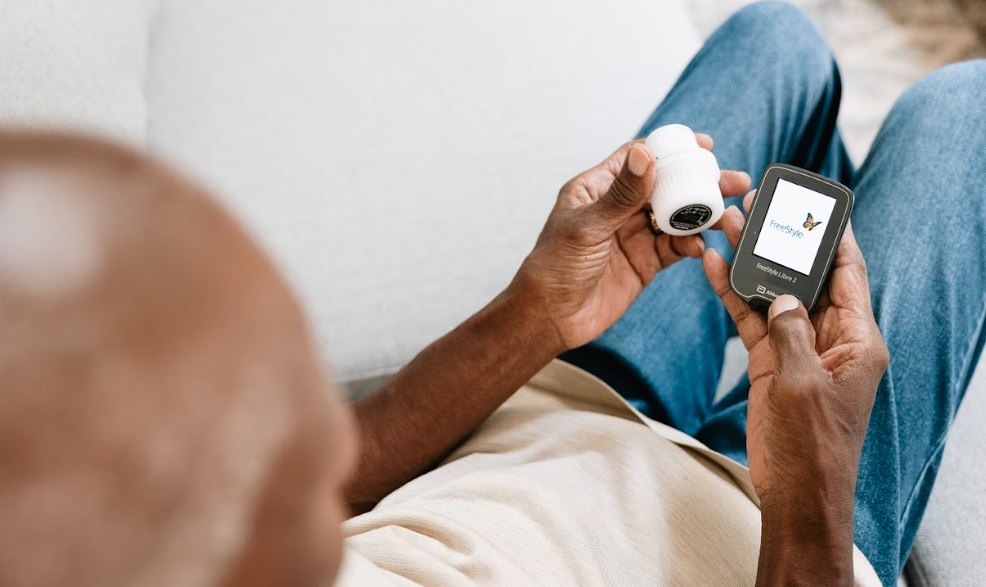

Continuous Glucose Monitors (CGMs)
Many people with Type 2 diabetes are now finding immense benefit from continuous glucose monitors (CGMs). These devices provide real-time glucose readings, offering a clear picture of your blood sugar trends throughout the day and night. They can be particularly empowering for those newly diagnosed with diabetes as they help you learn how different foods and activities impact you.
Aeroflow Diabetes offers diabetes patients who qualify through insurance Abbott FreeStyle Libre Systems and Dexcom G7 Systems, and can help you determine if you qualify for a CGM at low to no cost.
Find Out if You Qualify in Less than Two Minutes
How it Works
-
Submit your information. Grab your insurance card and complete our Eligibility Form.
-
Select your CGM and support. Your insurance coverage determines your options.
-
Connect with your doctor. Your insurance will require a prescription and clinical notes from a doctor. Simply provide their contact info or connect with a virtual care provider during your ordering process.
-
Everything comes to you! Sit back and relax. We’ll handle the rest and deliver your CGM supplies and support directly to your home.
Step 5: Medication (If Prescribed)
Your doctor may prescribe medication, such as metformin, to help manage your blood sugar. It's essential to take these medications exactly as directed and understand their purpose. If insulin injections or insulin pump therapy is ever discussed, your team of medical experts will provide guidance. And supplementing your in-person physician visits with virtual diabetes education and nutrition counseling can provide invaluable guidance on the ways to manage changes in diet, medication, and lifestyle.
Step 6: Prioritize Self-Care and Emotional Well-being
A diabetes diagnosis can be a journey of adjustment. Don't underestimate the importance of self-care.
-
Stress Management: Practice mindfulness, meditation, or hobbies to reduce stress, which can impact blood sugar.
-
Adequate Sleep: Aim for 7-9 hours of quality sleep each night.
-
Seek Support: Connect with a support group or confide in friends and family. Sharing your experiences can be incredibly healing.


Tips from our Medical Advisor, Dr. Felix
We reached out to Dr. Felix for real-world advice on what to expect and how to navigate your diagnosis and treatment.
-
Acceptance is the first step. Once a patient accepts their diagnosis, it becomes easier to follow recommendations and commit to lifestyle changes that truly improve their condition. Without acceptance, there’s an ongoing internal battle that prevents progress.
-
Your first three months are critical. This is the time to learn about diabetes, take control of your health, and start making changes to prevent complications down the road.
-
Consistency matters. Keeping appointments and following medical recommendations are key parts of long-term success.
-
Lifestyle changes are powerful. For type 2 diabetes, adopting a low-carb, higher-protein diet and eating smaller portions can significantly improve blood glucose levels. Adding regular exercise helps reduce insulin resistance, allowing medications to work more effectively and potentially lowering the need for additional prescriptions.
-
Specialist support can make a difference. While a primary care provider may be able to manage type 2 diabetes in some cases, many patients benefit from seeing an endocrinologist. Endocrinologists offer deeper expertise, more treatment options, and tailored guidance that often lead to better outcomes.
-
Technology is a game-changer. Using a Continuous Glucose Monitor (CGM) allows patients to see blood glucose trends over 24 hours, helping them connect daily habits with their numbers. Many people improve their A1c by about 1% simply by making diet and exercise adjustments based on CGM insights. I strongly believe every patient with type 2 diabetes should have access to a CGM—even those on oral medications only—because it empowers them to make better choices for their health.
-
Insulin pumps can transform care for some patients. For those with severe insulin resistance who require large doses of insulin, switching to an insulin pump can greatly improve blood glucose control while minimizing total insulin use. Newer pumps feature closed-loop systems that integrate with CGMs, automatically adjusting insulin delivery to improve glucose control while reducing the risk of hypoglycemia—especially when aiming for tighter targets.
-
Support services add value. Companies like Aeroflow Diabetes provide patients with resources and tools to better understand, manage, and care for their diabetes. Accessing these services can make the journey less overwhelming and more effective.
-
Nutrition is foundational. I strongly recommend that every newly diagnosed patient with type 2 diabetes be referred to a nutritionist. A nutritionist provides personalized guidance on diet, meal planning, and long-term strategies that help patients take full control of their health.
Next Steps: Taking Action After Your Diabetes Diagnosis
Being newly diagnosed with diabetes is a challenge, but it’s also an opportunity to make positive changes that will benefit your health for years to come. Remember, information is power, and consistent action leads to better outcomes.
Don't wait to start taking control. Reach out to your healthcare team, explore your options for diabetes supplies and support tools, and begin building the healthy habits that will support you on this journey. We’re cheering for you!
Disclaimer
Information provided on the Aeroflow Diabetes blog is not intended as a substitute to medical advice or care. Aeroflow Diabetes recommends consulting a doctor if you are experiencing medical issues or concerns.

